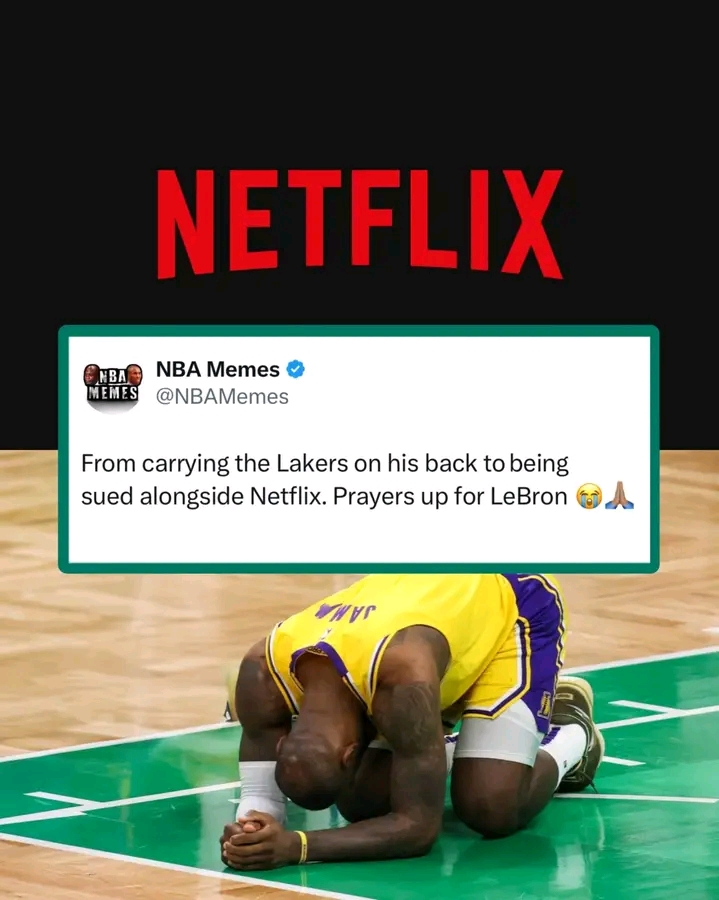In recent months, NBA legend LeBron James and streaming powerhouse Netflix have found themselves at the center of a legal controversy that has sparked widespread media attention and public interest. The lawsuit stems from claims of intellectual property infringement related to a documentary series jointly produced by LeBron’s media company, SpringHill Entertainment, and Netflix. The case raises serious questions about creative ownership, licensing rights, and the responsibilities of high-profile figures in the entertainment industry.
The Origin of the Dispute
The legal conflict centers on a documentary series titled “Game Changers: The Rise of Black Athletes in America” (name used hypothetically), which was released on Netflix and promoted heavily as a groundbreaking exploration of African American athletes’ influence on sports and culture. While the project received praise for its storytelling and cultural relevance, it also attracted scrutiny for its alleged unauthorized use of copyrighted material.
A production company known as Power Move Multimedia filed the lawsuit, claiming that the series copied substantial portions of a documentary project they had developed years earlier under a similar working title. According to the lawsuit, Power Move Multimedia had pitched the original concept to multiple networks and production companies, including SpringHill, and had even shared detailed treatments, scripts, and early footage.
The Allegations
The plaintiffs allege that LeBron James’ team had access to their materials and knowingly used those ideas without consent or compensation. Specific accusations include the unauthorized use of narration styles, structure, and interview subjects. The lawsuit names both LeBron James and Netflix as co-defendants, asserting that they were fully aware of the similarities yet proceeded with the production and release of the series.
The plaintiffs are seeking monetary damages for the alleged theft of intellectual property, as well as a halt to streaming the documentary until the matter is resolved in court.
Netflix and LeBron’s Response
Both Netflix and SpringHill Entertainment have denied the allegations, asserting that the documentary is an original work developed independently by their creative teams. In a public statement, a representative for SpringHill said, “We take intellectual property rights very seriously and are confident that this project was developed lawfully and ethically.”
Legal experts suggest that the case may hinge on whether the plaintiffs can prove that the defendants had both access to and copied protectable elements of the original work. General ideas and themes—such as the struggles and triumphs of Black athletes—are not copyrightable, but the specific execution of those ideas can be.
Broader Implications
This lawsuit is part of a growing number of legal disputes in Hollywood involving claims of idea theft and copyright infringement. As the entertainment industry becomes increasingly competitive and reliant on compelling content, creators and companies alike must tread carefully when dealing with pitches and partnerships.
For LeBron James, whose post-basketball career includes significant investments in film and television, the outcome of this case could impact his reputation as a media entrepreneur. For Netflix, it serves as yet another reminder of the legal challenges that can arise from aggressive content acquisition and production.

